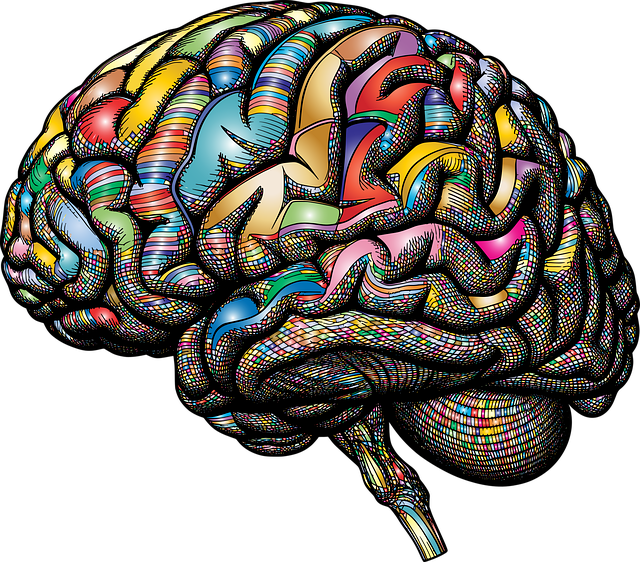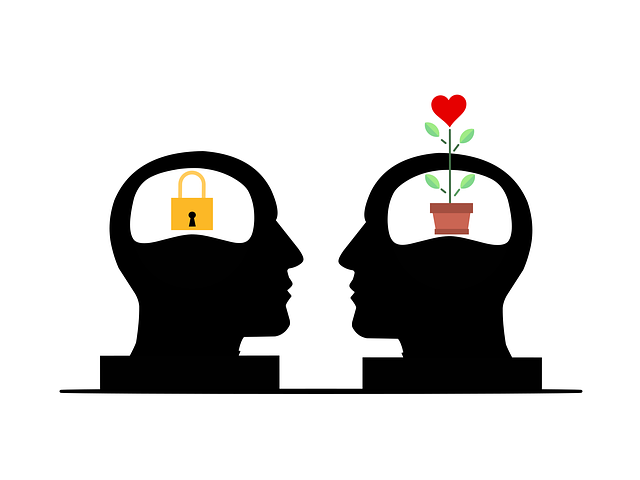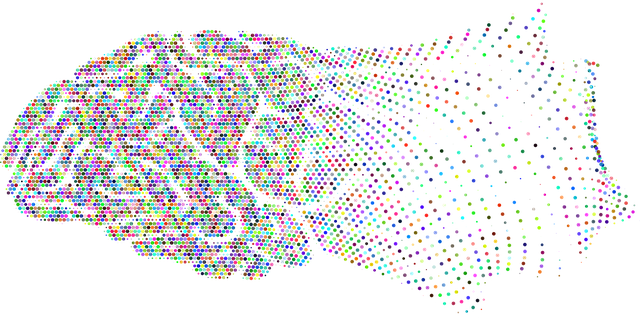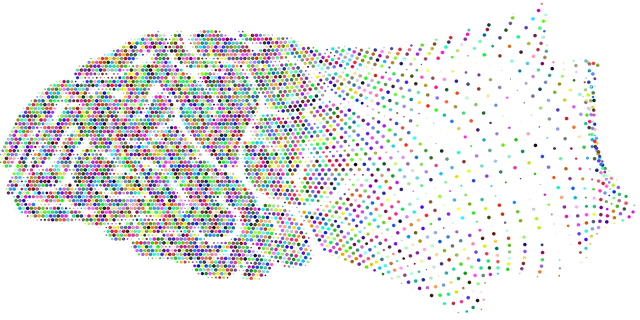Mental Wellness Journaling, integrated with Boulder Interpersonal Issues Therapy (BIIT) techniques, is a powerful self-reflection tool for personal growth and emotional well-being. It encourages clients to track therapy progress, reflect on interpersonal dynamics, conflict resolution, and stress management strategies. By documenting thoughts and experiences, individuals gain insights into mental health, process challenges, and build resilience—key aspects of BIIT and mental wellness coaching. This approach enhances self-awareness, emotional intelligence, and coping skills, supporting both short-term emotional regulation and long-term mental wellness improvement.
“Unleash your inner growth with the transformative power of mental wellness journaling. This practice, rooted in the principles of Boulder Interpersonal Issues Therapy, offers a personal space for reflection and self-discovery. In this article, we’ll guide you through the art of journaling, exploring its benefits and providing practical techniques.
Learn how to harness your thoughts and emotions effectively, fostering mental wellbeing. Discover the Boulder Interpersonal Issues Therapy approach, which encourages introspection and promotes positive change. Get ready to embark on a journey of self-improvement.”
- Understanding Mental Wellness Journaling: Unlocking Self-Reflection and Growth
- The Boulder Interpersonal Issues Therapy Approach to Journaling
- Implementing Effective Journaling Techniques for Enhanced Mental Wellbeing
Understanding Mental Wellness Journaling: Unlocking Self-Reflection and Growth

Mental Wellness Journaling is a powerful tool for self-reflection and personal growth. By dedicating time to write about one’s thoughts, feelings, and experiences, individuals can gain valuable insights into their mental health. This practice allows people to explore their emotions, identify patterns, and understand their triggers—a process that can be immensely therapeutic. Through regular journaling, one can unlock a deeper connection with themselves, fostering self-awareness and promoting emotional well-being.
In the context of Boulder Interpersonal Issues Therapy, journaling becomes an integral part of the therapeutic journey. It encourages clients to reflect on interpersonal dynamics, conflict resolution techniques, and stress management strategies learned during therapy sessions. By documenting their progress, individuals can track their mental health improvements over time, providing tangible evidence of personal growth. Moreover, the act of expressing oneself through writing can be a form of catharsis, helping to process challenging experiences and fostering resilience.
The Boulder Interpersonal Issues Therapy Approach to Journaling

The Boulder Interpersonal Issues Therapy (BIIT) Approach to Journaling is a powerful method that encourages individuals to explore their thoughts and emotions through reflective writing. This therapy model, rooted in fostering meaningful connections and understanding interpersonal dynamics, adapts traditional journaling practices to create a safe space for self-reflection. By integrating BIIT techniques into journaling exercises, users can develop a deeper sense of self-awareness, enhance emotional intelligence, and cultivate resilience—all essential components of mental wellness coaching programs development.
In this approach, journaling becomes a tool for navigating complex interpersonal relationships and the impact they have on one’s mental health awareness. Through structured prompts and guided reflections, individuals are encouraged to delve into their experiences, identify patterns in their interactions, and gain new insights. This process not only helps in building stronger relationships but also promotes personal growth, making it an effective strategy for resilience-building within the context of mental wellness.
Implementing Effective Journaling Techniques for Enhanced Mental Wellbeing

Implementing effective journaling techniques can significantly enhance mental wellbeing, offering a powerful tool for self-reflection and personal growth. Beyond simply recording daily events, a therapeutic journal serves as a safe space to explore thoughts, feelings, and experiences, fostering deeper understanding of oneself and one’s interpersonal dynamics. For instance, individuals engaging in Boulder Interpersonal Issues Therapy might find journaling helpful in processing complex emotions and tracking progress over time.
By incorporating structured journaling practices into their routines, individuals can develop valuable coping skills and enhance emotional intelligence. Techniques like mindful writing, where one focuses on the present moment and non-judgmental observation of thoughts and sensations, promote a sense of calm and self-awareness. Additionally, reflecting on past experiences and exploring patterns can help individuals identify triggers for stress or anxiety and develop more adaptive responses. This process supports not only short-term emotional regulation but also long-term mental wellness coaching programs and personal development.
Mental wellness journaling, guided by the principles of Boulder Interpersonal Issues Therapy, is a powerful tool for self-reflection and personal growth. By implementing effective journaling techniques, individuals can enhance their mental wellbeing and navigate life’s challenges more effectively. This practice allows one to uncover hidden emotions, gain insights into interpersonal dynamics, and foster a deeper understanding of themselves, ultimately leading to improved mental health and resilience.














